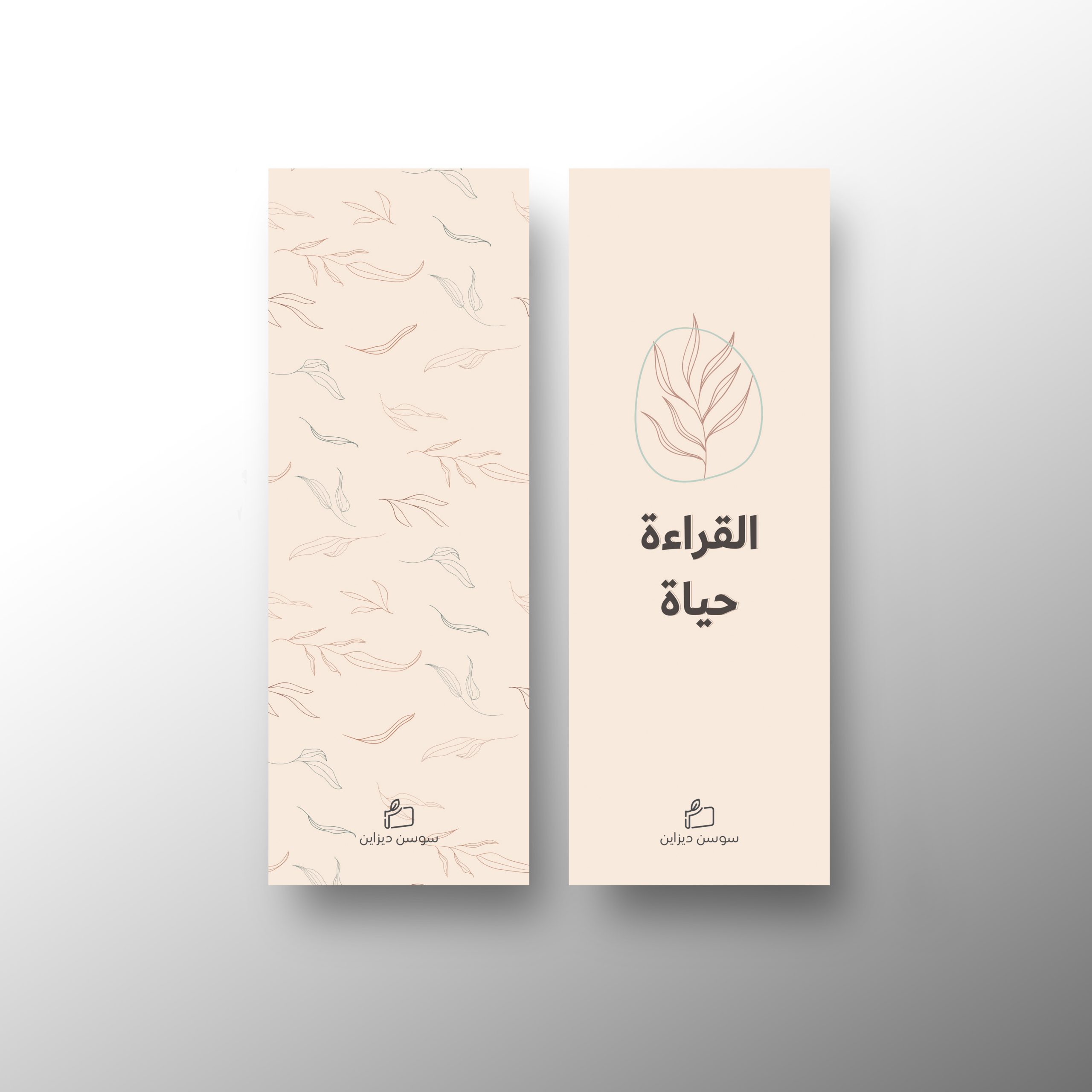فاصل ورقي حكاية 2
.د.ب0.300
فاصل ورقي حكاية 2 ٥ * ١٥ سم
Conheca o Jogo do Tigrinho real e jogue com tranquilidade e garantia
This is such a solid point! I’ve seen similar ideas discussed on https://gamebaidoithuong68.com.mx/, and they align perfectly with what you’re saying here. It’s great to see others agree.
First, I examined the smart contract. I didn’t find any suspicious functions like forced locking or sudden rule changes. Then I checked the token issuance — it’s limited, which supports scarcity. After that, I ran a simulation: how the investment would perform if the token price changed by 10–15%. The result was interesting — even with moderate growth, the total return outpaces inflation. I also tested the interface on mobile devices — it’s responsive, and everything displays properly. I have no issues with the platform’s functionality.
Acesse o site oficial do tigrinho para jogar com seguranca e aproveitar bonus exclusivos
Your argument really resonates with me, and it’s one that I recently came across in a post on uk88. The insights shared there helped solidify my understanding of this topic.

